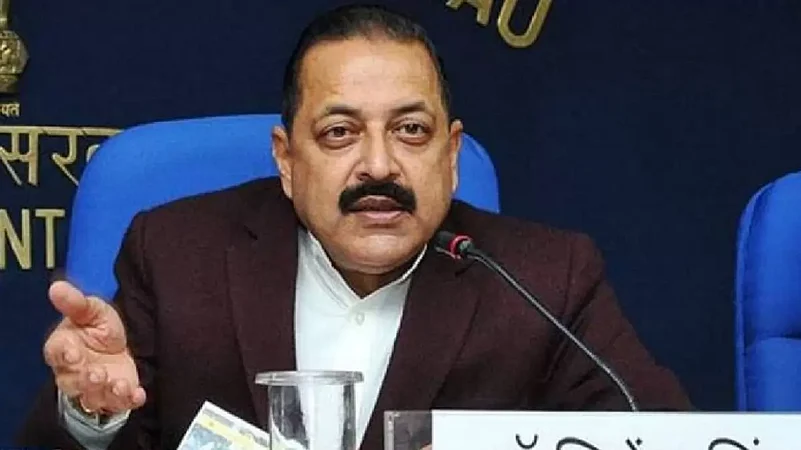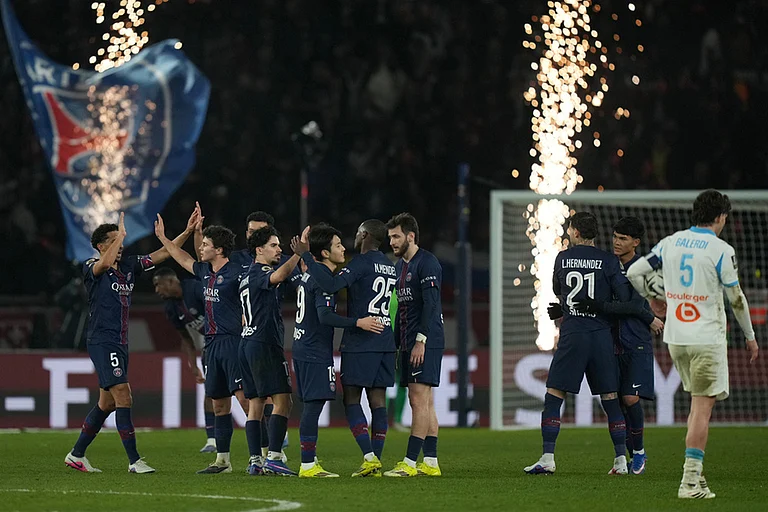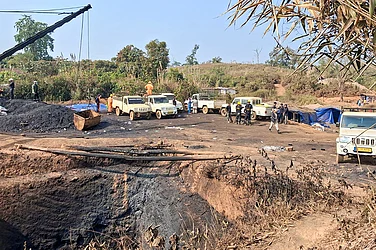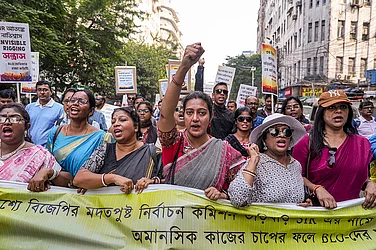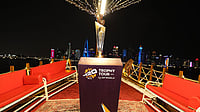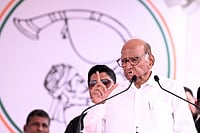India has identified 11 potential sites for exploration of hydrogen sulfide and a dedicated multi-purpose vessel was being acquired to carry out detailed surveys as part of the Deep Ocean Mission, Union minister Jitendra Singh said on Wednesday.
Addressing the first meeting of the Mission Steering Committee, Singh said the technologies developed under the Deep Ocean Mission would help in exploration of the oceans and possible harnessing of non-living resources such as energy, fresh water and strategic minerals.
The initial search under the mission would be for hydro-thermal vents that form unique ecosystems comprising chemical synthesising bacteria that use hydrogen sulfide as their energy source.
Talking about ocean resources, the Earth Sciences minister said the exploration of strategic minerals like cobalt, nickel, copper and manganese are expected to pave the way for future commercial exploitation of these resources.
The Mission Steering Committee meeting, chaired by Singh, was attended by Ministers of State Ashwini Choubey (Environment), V Muraleedharan (External Affairs), Ajay Bhatt (Defence), Pankaj Chaudhary (Finance) and Vice Chairman NITI Ayog, Suman Bery.
Singh said the Deep Ocean Mission was part of the central government's Blue Economy initiative which is going to play a major part in building India's overall economy during the years to come.
He said the design and development of subsystems of the manned submersible – Samudrayaan – to carry three humans to the depths of the ocean has been completed and integration was in progress. The minister said the design of the mining machine was ready and a demonstration trial of a mining crawler on seabed has been completed in Stage 1.
It is planned to undertake pumping of nodules to the mother ship during 2026 for which testing of various components is in progress. Muraleedharan said it was essential that the Mission involved all stakeholders and took everyone into confidence, especially the communities residing in coastal regions of the country.






